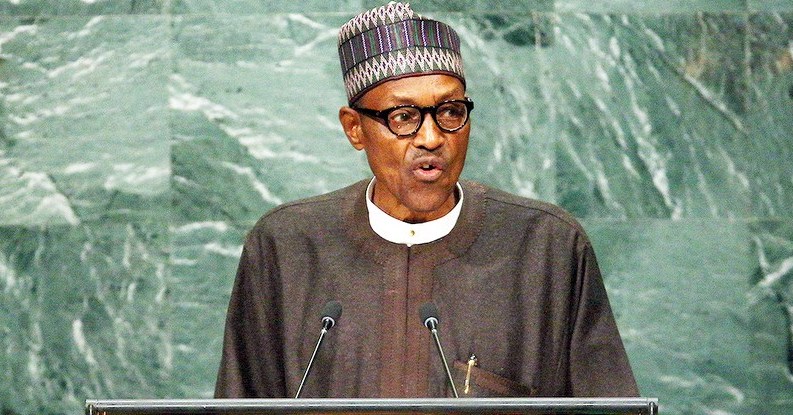Nigeria needs a whopping $142 billion to meet its climate change target under the international climate agreement at the UN Framework Convention on Climate Change (UNFCCC), otherwise known as the intended Nationally Determined Contributions (NDC).
Ibrahim Jibril, minister of state for environment, according to the News Agency of Nigeria (NAN), disclosed this at the UN while presenting Nigeria’s progress report on climate change goal under the Sustainable Development Goals.

He said the Nigeria Intended Nationally Determined Contributions ambition under the Climate Change Accord is to cost an estimated $142 billion.
Countries across the globe adopted a historic international climate agreement at the U.N. Framework Convention on Climate Change (UNFCCC) Conference of the Parties (COP21) in Paris in December 2015. In anticipation of this moment, countries publicly outlined what post-2020 climate actions they intended to take under the new international agreement, known as their Intended Nationally Determined Contributions (INDCs).
The NDC, therefore, is a binding agreement, which spelt out the actions a country intends to take to address climate change – both in terms of adaptation and mitigation – when it ratifies the Paris Agreement.
“The delivery of our NDC will require a fundamental re-orientation of financial flows within the economy. It is estimated that Nigeria will require around $142 billion, translating to about $10 billion per annum to meet her NDC target by 2030,” the minister said.
According to him, Nigeria has recognised that climate change presented one of the greatest challenges of the world today.
“In the midst of this vulnerability, an opportunity resides for Nigerian economy to grow in a manner that is climate resilient and empowers people whilst meeting its energy deficiency.
Nigeria MPC heeds analysts calls, keeps policy steady
Nigeria’s domestic economy shores up outlook for Q3
“One of the innovative means of exploring this opportunity is through the issuance of green bonds, which has gained recognition as means of raising finance for climate-friendly purposes,” he noted.
Accordingly, he said the Federal Government has advanced plans to issue a program of N150 billion in green bonds over the next few months with a pilot issue of N12.384 billion in the third quarter of 2017 and the balance over the course of the budget year.
“Collaboration between the ministry of environment and finance continues to pull together the institutional partners necessary to achieve what would be Nigeria and Africa’s first sovereign green bond and the world’s third,” he explained.
Jibril equally said Nigeria was partnering with the Lake Chad basin countries to address the challenges of drying up of the lake, which will have adverse consequences on the people and the ecosystem.
“Equally, actions to fast-track the environmental cleanup of the Niger Delta, beginning with Ogoniland is undoubtedly one of the most significant decisions taken by the President Muhammadu Buhari’s Administration.
“The President’s action has now breathed new life into a four-year report by the UN Environment Programme (UNEP), which hitherto had experienced a series of false starts since it was published on Aug. 4, 2011,” he stressed.
Zainab Ahmed, minister of State for budget and national planning, said Nigeria’s progress towards localising the SDGs was with an emphasis on ensuring implementation across all levels of government.
“Specifically, the Ministry incorporated and ensured policy linkages between the SDGs and the Economic Recovery and Growth Plan, a four-year medium-term development plan launched on April 5, 2017.
“The plan is aimed at ensuring sustained and inclusive growth; building a globally competitive and diversified Nigerian economy, investing in our people and building strong governance institutions to drive change,” she noted, adding that specific programmes and projects aimed at achieving the SDGS have been integrated into the 2017 National Budget, and will be included in future budgeting frameworks.
The climate actions communicated in these INDCs largely determine whether the world achieves the long-term goals of the Paris Agreement: to hold the increase in global average temperature to well below 2°C, to pursue efforts to limit the increase to 1.5°C, and to achieve net zero emissions in the second half of this century.









